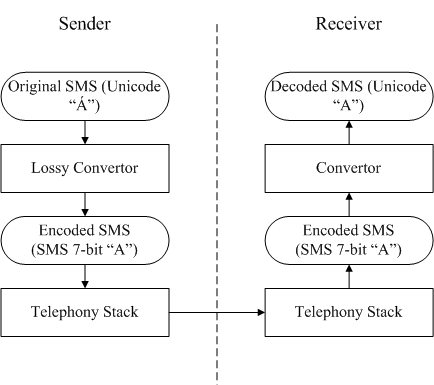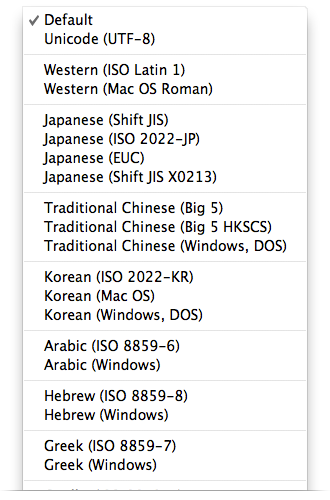


Higher values are truncated to this value.Ī bar chart with a min/max scale of -80-140. Maximum allowable value in the first series.The minimum allowable value in the first series.Note that this does not change the axis range to change the axis range, you must set the chxr parameter. If you supply fewer pairs than there are data series, the last pair is applied to all remaining data series.
Text encoding formats series#
The range of permitted values in each series is specified by the chds parameter.Ĭhds A set of one or more minimum and maximum permitted values for each data series, separated by commas. If you never used Google Image Charts and Image-Charts before, prefer this one.Ĭhd=t: Same as plain data format: one or more comma-separated values per series, multiple series separated by a pipe character ( |). It's the easiest to use, read and write by hand. Any value below or above zero is valid, no truncation anymore. It has floating point numbers, no lower-upper value limitation (unlike Google Image Charts 0-61, 0-100 or 0-4095 limitation), automatic scaling (no need for chds=a). It was not defined in Google Image Charts and we've implemented it due to high demand and usage. The awesome text format is the easiest text format available. We provide JavaScript and Python snippets for encoding data into simple encoding or extended encoding formats. The data values are scaled to fit the format used see Data Scaling and Axis Scaling for an explanation of how the data is manipulated to fit the chart. Extended encoding is best suited to a chart with a lot of data and a large data range.

If you never used Image-Charts before, start with this one. It has floating point numbers, no lower-upper limitation and automatic scaling.
Text encoding formats how to#
This document explains how to send your chart data to the Image Charts API.ĭata for almost all charts is sent using the chd parameter. How to generate image charts from Salesforce Apex language.How to setup a dependency graph in Google Sheets.Data Format Data Format Table of contents.


 0 kommentar(er)
0 kommentar(er)
